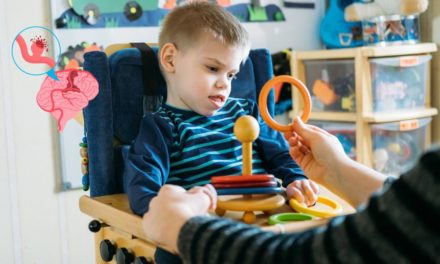Introduction
Senility, often referred to as age-related cognitive decline, is a natural part of the aging process that affects memory, thinking, and other cognitive functions. While it is not a specific disease, age-related cognitive changes can impact an individual’s daily life and quality of life. In this article, we will provide a comprehensive overview of senility, including its characteristics, potential causes, impact on individuals, and strategies for supportive care and treatment. By fostering awareness and understanding, we aim to promote a compassionate and informed approach to supporting older adults as they navigate the challenges of cognitive aging.
Understanding Senility
Senility refers to the gradual decline in cognitive abilities, such as memory, attention, and problem-solving skills, that often accompanies aging. It is important to differentiate between normal age-related cognitive changes and more severe cognitive disorders, such as dementia.
Characteristics of Senility
Common characteristics of senility may include:
- Memory lapses or forgetfulness
- Slower processing speed
- Difficulty multitasking
- Mild challenges in finding words or recalling names
Potential Causes of Senility
The exact causes of senility are complex and can include:
- Normal aging of brain cells and networks
- Decreased blood flow to the brain
- Accumulation of brain proteins associated with cognitive decline
Impact on Individuals
Senility can impact an individual’s daily life, affecting their independence, social interactions, and overall well-being. It is important to recognize and address these challenges with empathy and understanding.
Supportive Care and Strategies
- Healthy Lifestyle: Engaging in regular physical activity, maintaining a balanced diet, and staying mentally active can promote brain health and cognitive function.
- Mental Stimulation: Engaging in activities that challenge the mind, such as puzzles, reading, and learning new skills, can help maintain cognitive abilities.
- Social Engagement: Staying socially connected and participating in meaningful activities can contribute to cognitive vitality.
- Sleep Hygiene: Prioritizing quality sleep can support cognitive function and overall well-being.
- Stress Management: Practicing relaxation techniques and managing stress can have a positive impact on cognitive health.
Differentiating from Cognitive Disorders
It is important to differentiate between normal age-related cognitive changes and more severe cognitive disorders, such as dementia. Seeking medical advice for a proper assessment is essential.
Professional Guidance
If cognitive changes significantly affect daily functioning, seeking guidance from a healthcare professional can provide valuable insights and support.
Promoting Compassion
Promoting a compassionate and supportive environment is essential for older adults experiencing cognitive changes. Understanding and patience go a long way in helping them maintain their dignity and quality of life.
Conclusion
Senility is a natural part of the aging process that can impact cognitive abilities to varying degrees. By recognizing its characteristics, understanding potential causes, and embracing strategies for supportive care, we can create a more inclusive and compassionate society for older adults experiencing cognitive changes. Through healthy lifestyle choices, mental stimulation, social engagement, and professional guidance, we can empower older adults to navigate senility with resilience, dignity, and a continued sense of purpose.










